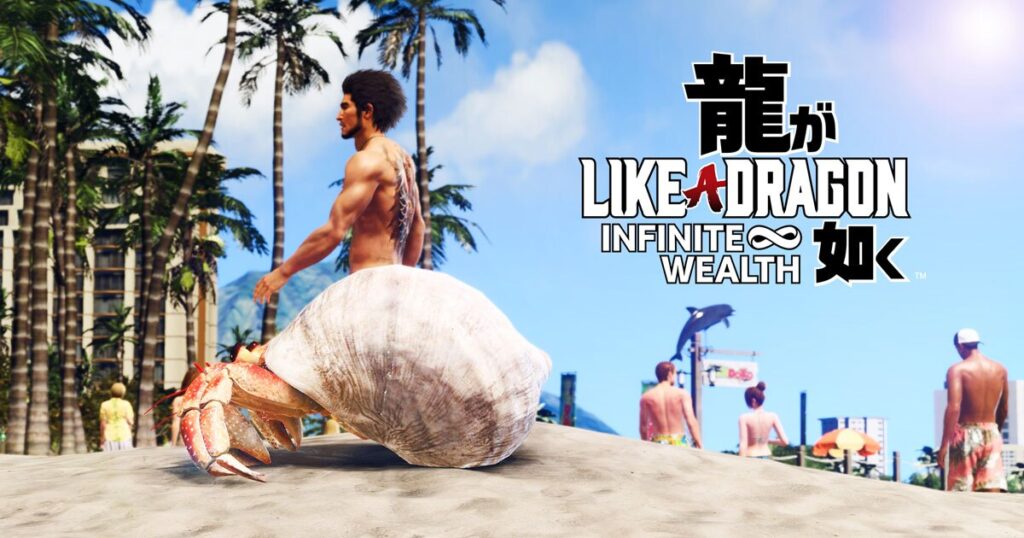Yakuza in Waikiki? Why not? Leave it to Japanese company Sega to create a video game about our Hawaiian ex-underworld figure.
The new game “Like a Dragon: Infinite Wealth'' sold 1 million copies in its first week of release in January.
In this game, players control ex-yakuza Ichiban Kasuga as he rampages through Honolulu, taking on odd jobs and singing karaoke along the way.
This is a rare and surprisingly realistic representation of Hawaii for a video game.
Richard Lee, senior video producer for video game website GameSpot, was born and raised in Makiki. He said the developer's choice to base the game in Hawaii was a “logical choice.”
“One of the best things about playing Ryu ga Gotoku, or Ryu ga Gotoku, is that it accurately depicts real-life cities across the United States. He is the most likely candidate among the connections,” Lee said. he told The Conversation.
In fact, Lee said he was shocked by the game the first time he played it.
“It’s like standing in front of the Duke statue, and then you can hop on a Segway and ride up to the International Marketplace, or you can go past the Sheraton and the Royal Hawaiian Shopping Center, and you’re like, wow, this is it. “I thought it was really cool,” he said.
Success is in the details, he said. Players may also occasionally notice that their characters speak Pidgin.
However, he wishes the game could have depicted Honolulu's Chinatown better. He noticed that the characters in Chinatown spoke Mandarin, but in real life, Lee said, people in Chinatown primarily spoke Cantonese.
However, Lee explained that the flaw is minor compared to other details of the game.
“The developers have said over and over again that they have worked painstakingly to represent Honolulu in the best possible way aesthetically and culturally,” he said.
Lee said the game also touches on issues that affect “homeland in Hawaii,” such as homelessness, income inequality and crime.
“This is a magical game that provides a tremendous amount of entertainment while accurately representing Hawaii and Hawaiian culture.”
This story was broadcast on conversation The conversation will be broadcast weekdays at 11 a.m. on HPR-1.


